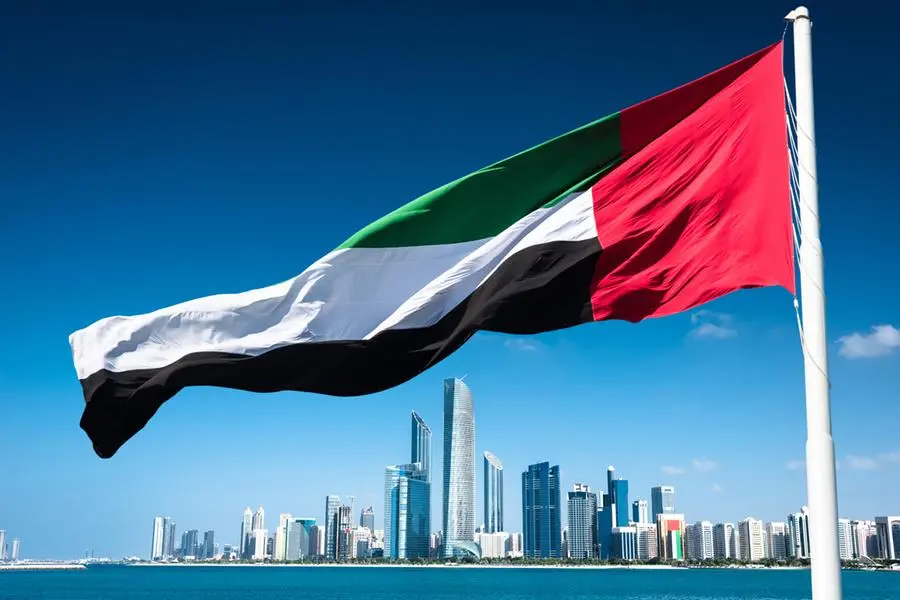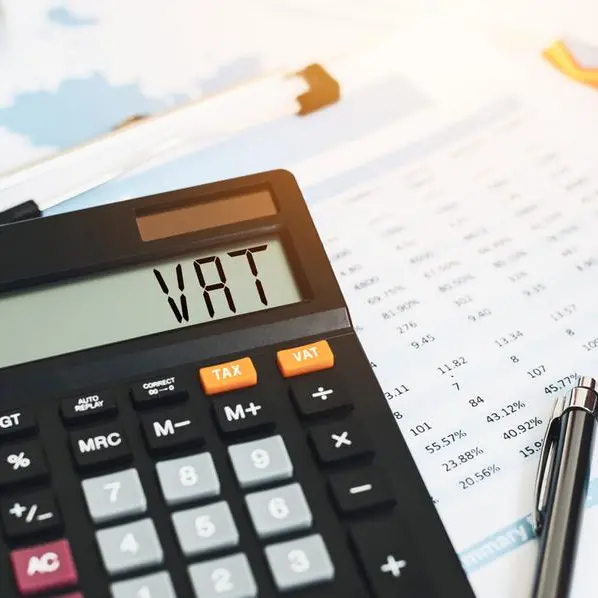PHOTO
The United Arab Emirates has solidified its position as a leading regional and global player in foreign direct investment, according to Jamal Bin Saif Al Jarwan, Secretary-General of the UAE International Investors Council (UAEIIC).
He estimates the total value of Emirati investments abroad, encompassing both government and private sectors, to have reached a staggering $2.5 trillion by the beginning of 2024.
This robust financial footprint positions the UAE as a significant economic force with strong potential for continued expansion. The focus on emerging markets and the creation of strategic partnerships further amplifies this momentum, opening doors to new investment opportunities.
The UAE's commitment to international economic engagement is evident in its recent participation in various strategic partnerships, alliances, and cross-border deals and acquisitions. This proactive approach has established a strong and influential presence for the UAE on the global economic stage.
Al Jarwan said that one such landmark deal is the historic $35 billion investment agreement with Egypt for the development of Ras Al Hekma. This groundbreaking partnership represents the largest direct investment in Egypt's history. It serves as a powerful symbol of confidence and a bold move that reshapes the regional investment landscape. Despite global economic challenges, this monumental project presents a unique and valuable opportunity for both nations.
In statements to the Emirates News Agency (WAM), Al Jarwan further estimates that the UAE's total investment in Egypt will reach approximately $65 billion following the completion of the Ras Al Hekma project.
"We've transformed Egypt's economic challenges into opportunities," he continued. "The $35 billion project, led by Abu Dhabi's ADQ investment and holding company, carries significant short, medium, and long-term benefits for the Egyptian economy."
Elaborating on the immediate advantages, Al Jarwan explained that the deal positions Egypt as a top destination for foreign direct investment in the upcoming UNCTAD report (2024-2025). This signifies international confidence in Egypt's potential and paves the way for increased foreign investment in the coming years.
"The deal's impact was immediate," he added. "The Egyptian pound strengthened, supply chains stabilized, and prices normalised. Remarkably, long-standing talks with the International Monetary Fund concluded within days."
He emphasised the deal surprised global markets and the IMF, likely improving Egypt's credit rating and prompting investors to reassess their assets positively.
The Secretary-General of the UAEIIC pointed out that the UAE-Egypt deal signifies a deepening of strategic and economic partnership, enhancing cooperation in investment and infrastructure. It reflects the UAE's strategy of using foreign investments for global leadership and sustainable regional development, expanding Emirati companies' presence in Egypt.
He went on to say the joint investment in the Ras Al Hekma project aims to boost economic activity, create new job opportunities, and facilitate knowledge exchange in smart city development and tourism, fostering mutual prosperity and technical cooperation between the two countries.
Al Jarwan provided details about the project, stating that it involves the development of a "city of the future" with an area of 170 million square meters, which is more than 40,600 acres. The project aims to develop the area into one of the largest new city development projects, and it is expected to generate more than $150 billion in investments for Egypt over the life of the project.
Regarding the future of UAE investments in Egypt, Al Jarwan said the future of UAE investments in Egypt appears promising as economic relations between the two countries are evolving positively. Al Jarwan emphasised the importance of specificity and deep understanding of the Egyptian economy for successful investments, citing several factors that encourage injecting foreign currency and stimulating the economy in emerging markets.
Al Jarwan explained that the UAE is a leading investor in Egypt with around 2,000 Emirati companies across various sectors such as telecommunications, real estate, oil and gas, agriculture, and more. Al Jarwan highlighted the global strategic interest in UAE investments due to positive factors, confidence in UAE leadership, and professional investors.
He mentioned operating in 90 countries and expressed expectations for interest in investments from countries like India, Indonesia, ASEAN nations, Egypt, Morocco, and others, including certain European countries and Turkiye.





















